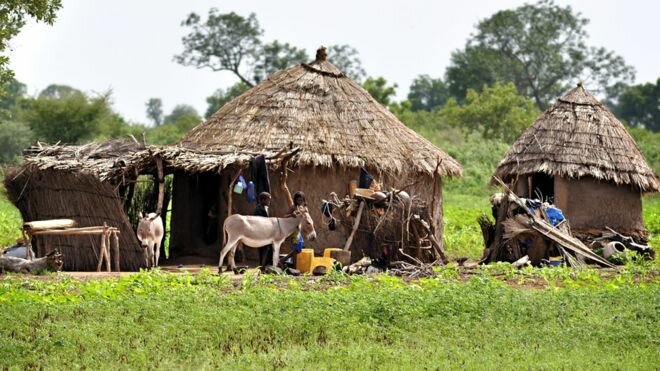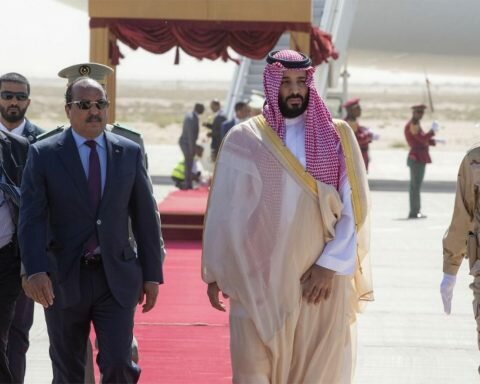According to the United Nations, the village of Ogossou-Peulh, located in Mali’s central Mopti region, was attacked on Saturday morning by armed men dressed as traditional hunters. While the UN rights office said at least 153 people were killed and 73 were wounded, local officials and security sources told AFP news agency that more than 160 people, including women and children who were burned in their homes, were killed during the attack.
The Mopti region has been the scene of deadly violence since the beginning of the year. Last week, the camp of the Malian Armed Forces in the village of Dioura suffered an attack in which several soldiers were killed. End of February, 10 people from the Dogon community were killed in a raid on the village of Gondogourou. Further, on January the 1st, 37 people were killed in the Fulani village of Kulogon by unidentified armed elements. Most recently, six people have been killed in attacks on villages of the Dogon community in central Mali.
The UN denounced impunity after Ogossagou massacre in Mopti region. According to Farhan Haq, Deputy Spokesman for the Secretary-General, António Guterres “condemns this act and calls on the Malian authorities to swiftly investigate it and bring the perpetrators to justice.”
In response, the Malian government said it “reiterates its determination to make every effort to hunt down the perpetrators of this barbarity of another age and to punish them, in accordance with the laws in force.” In addition, it has dismissed many heads of the Malian Army. However, Several questions remain pending about the reasons for the massacre.
For some observers, this attack marked an escalation in violence that is spreading across Africa’s Sahel between the Dogon etnnic group – hunting and farming community – and Fulani herders (known in the region as “Peul”), an ethnic minority. Hundreds of civilians were killed last year during several attacks. A militia from the Dogon community is suspected to have carried out Saturday’s attack.
It should be recalled that the Fulani and Dogon communities have a long history of tension over access to land and resources in central Mali. On 28 August 2018 in Sevare, in the region of Mopti, the two groups signed an intercommunal peace agreement putting an end to more than a year of conflict between both communities.
According to some experts, the Fulani community is frequently targeted and accused of having ties to jihadist organizations in the area. A group led by radical Islamist preacher Amadou Koufa has recruited mainly from the Fulani community leading to an increase in inter-ethnic violence in a general context of rising jihadism in Mali.



